Search Images
Browse Content (p. 498)

Image
Battle of White Mountain 1620
A 1620 painting of the Battle of White Mountain of 1620, the decisive Imperial victory by Count Tilly ending the Bohemian Revolt, the first phase of the Thirty Years' War. (Bavarian Army Museum, Munich)

Image
Soldiers Plundering a Farm During the Thirty Years' War
A 1620 painting, 'Soldiers Plundering a Farm During the Thirty Years' War' by Flemish painter Sebastian Vrancx (l. 1573-1647). (Deutsches Historisches Museum, Berlin)

Image
General Albrecht von Wallenstein
A 1629 portrait of the mercenary General Albrecht von Wallenstein, leader of the Imperial forces during the Thirty Years' War. (Bayerische Staatsgemäldesammlungen, Munich)
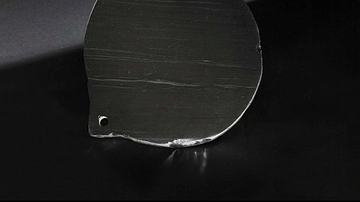
Image
Mesoamerican Obsidian Mirror
A circular obsidian mirror from ancient Mesoamerica. Aztec, 1325-1521. Width: 10 inches /26 cm. (British Museum, London)
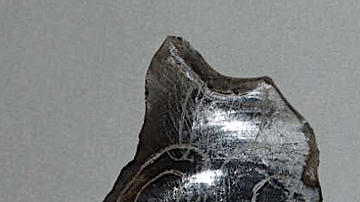
Image
Maya Deity on Obsidian Flake
An obsidian flake from Tikal, Guatemala which has been incised with a representation of a Maya god. Height: 9 cm / 3.5 in. 250-900 CE. (British Museum, London)
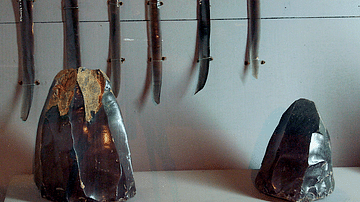
Image
Unworked Obsidian Blocks, Guatemala
Two blocks of unworked obsidian from Guatemala. Obsidian was highly valued throughout ancient Mesoamerica for its cutting edge and polished lustre.
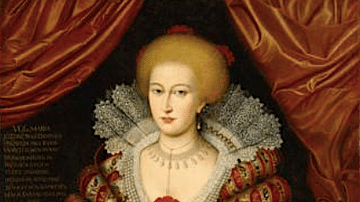
Image
Maria Eleonora of Brandenburg
A 1619 portrait by Michiel Jansz of Maria Eleonora of Brandenburg (l.1599-1655) who married the king of Sweden Gustavus Adolphus (r. 1611-1632) in 1620. (Gripsholm Castle, Södermanland, Sweden)

Image
Gustavus Adolphus Leading a Cavalry Charge
A 17th-century painting by Jan Martszen de Jonge showing the Swedish king Gustavus Adolphus (r. 1611-1632) in battle.
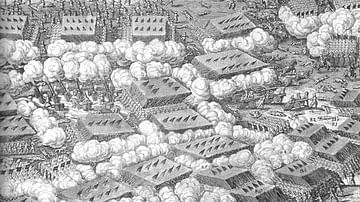
Image
Battle of Breitenfeld Formations 1631
Formations of the Battle of Breitenfeld, 1631, during the Thirty Years' War. The Imperial army under Count Tilly is on the left; the Swedish army under King Gustavus Adolphus is on the right.
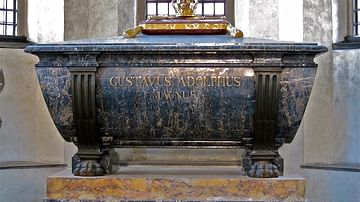
Image
Sarcophagus of Gustavus Adolphus, Stockholm
The sarcophagus of Gustavus Adolphus at the Riddarholm Church, Stockholm, Sweden. Engraved Gustavus Adolphus Magnus, meaning Gustavus Adolphus the Great.